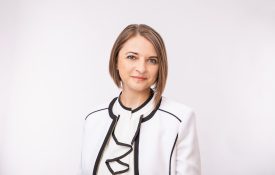-

Tess Neal Examines the Nature—and Limits—of Expertise
Can psychological scientists divorce their own opinions and beliefs from their professional work? This APS Fellow’s research aims to answer that question.
-
Framed by forensics
Aeon: In 1992, Juan Rivera was arrested for the rape and murder of an 11-year-old girl in Waukegan, Illinois. On the night of the murder, Rivera was wearing an electronic ankle bracelet in connection with
-
NSF Proposals for I/UCRCs in Areas Relevant to the Forensic Sciences
The National Science Foundation (NSF) and the National Institute of Justice (NIJ) have partnered as co-sponsors to welcome proposals for establishment of Industry/University Cooperative Research Centers in areas relevant to the forensic sciences. With permission
-
Forensic experts ‘biased towards side which pays them’
The Telegraph: Although forensic experts are meant to be completely impartial when giving an expert opinion to the jury, they tend to favour the side which employs them. A study found that while the experts
-
Bias in the Court
Pacific Standard: On November 14, 1978, a Texas jury found Thomas Barefoot guilty of the murder of Bell County police officer Carl Levin. Based on the gravity of the crime and the testimony of two
-
Forensic Experts May Be Biased By the Side That Retains Them
Forensic psychologists and psychiatrists are ethically bound to be impartial when performing evaluations or providing expert opinions in court. But new research suggests that courtroom experts’ evaluations may be influenced by whether their paycheck comes

